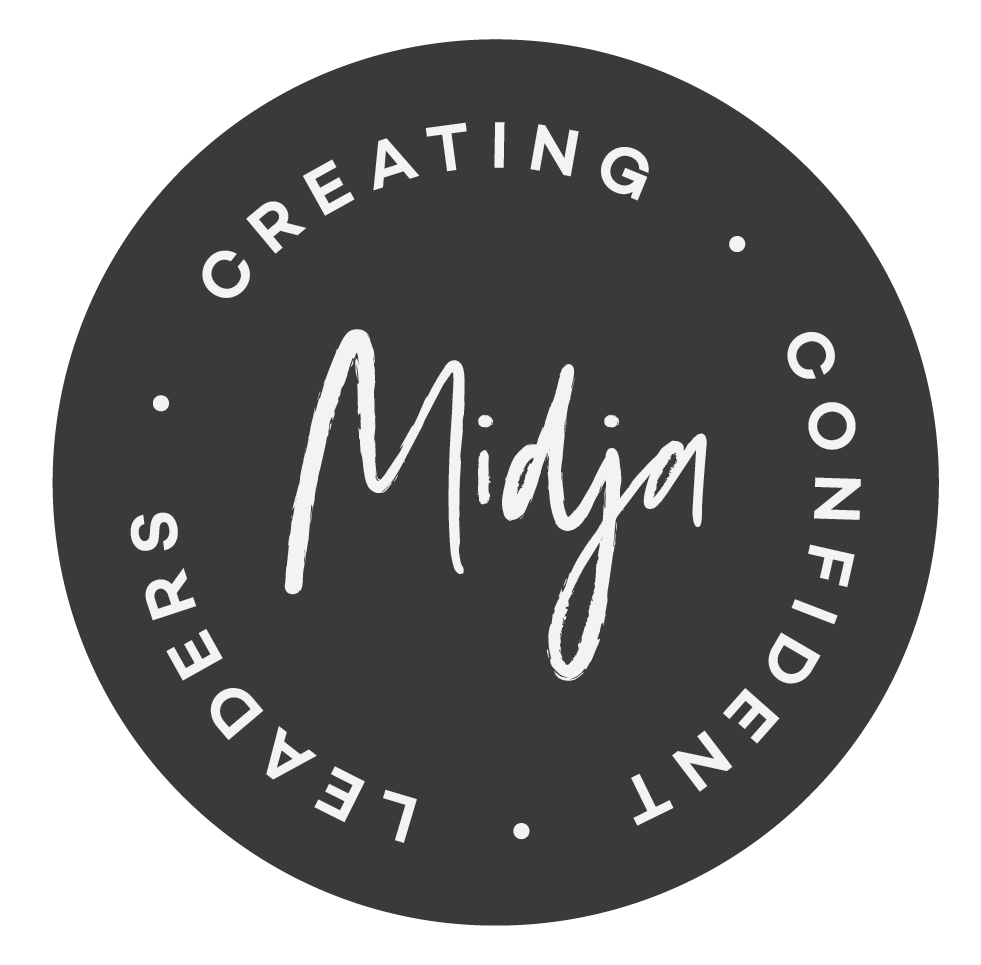What Do You Know For Sure?
One of my favourite books is by Oprah and it’s called ‘What I Know For Sure.’ I love the stories in the book, the principles and the life lessons shared but I also just love the book title. It’s a question I ask myself and my clients all the time - ‘What do you know for sure?’
I remember facilitating a workshop very early in my career and noticing one woman in the group. She made no eye contact with me for the entire day. She didn’t crack a smile, even at my funniest stories (and I’m pretty funny!!) and she hardly wrote a thing in her workbook. She ignored my instructions and spent most of the day doodling and daydreaming.
I could not believe it. What had I done wrong? She obviously didn’t like me or what I had to say. She wasn’t interested in any of the content and thought it was a complete waste of time. I drove home from that workshop feeling frustrated, deflated and disheartened.
The next week, as part of the course, I had scheduled in one-on-one debrief sessions with each of the participants. As you can imagine, I was dreading the phone conversation with her. However, the funniest thing happened when I made the call. Before I could even say anything at all, she apologised to me. She told me about an argument that she had had with her long-term partner on the weekend before the workshop, an ongoing issue between them and that she was contemplating whether they could have a future together. She said that her head just wasn’t in the right place that day and in hindsight, she probably shouldn’t have come along. Hmm…interesting.
A real lesson learnt for me from that experience was to always ask myself - ‘What do I know for sure?’
In this situation, I had very quickly climbed what is referred to as the ladder of inference. (first proposed by Chris Argyris, in 1970) This is a way of describing how you can move from a piece of data (a comment made to you or something you have observed), through a series of mental processes to a conclusion.
In my example:
I selected observable data - no eye contact, no smiling, no writing in workbook.
Then, I added meaning to the data - she’s disengaged, she’s not interested.
Then, I drew a conclusion - she doesn’t like me or anything I have to say.
I was convinced about my conclusions but was I right? No, not at all.
When I’m coaching clients, I find that the same to be true of their conclusions. As Dr Stephen Covey said “We think we see the world as it is, when in fact we see the world as we are.” We can often make issues all about us and of course sometimes they are but more often than not, there is something else going on that we are totally unaware of.
So, how can you stop yourself from climbing up the ladder of inference:
Firstly, accept that you are always going to draw meaning and inferences from what other people say and do, based on your past experience. It’s absolutely natural.
The key is to become more aware of this process and test your assumptions instead of accepting them blindly.
Ask more questions of others about what they are thinking. Practice empathic listening and seek first to understand.
For me and for my clients, the quickest way to get back down the ladder and to challenge our conclusions, is to ask the simple question:
What do you know for sure?
Happy Monday,
Midja x
